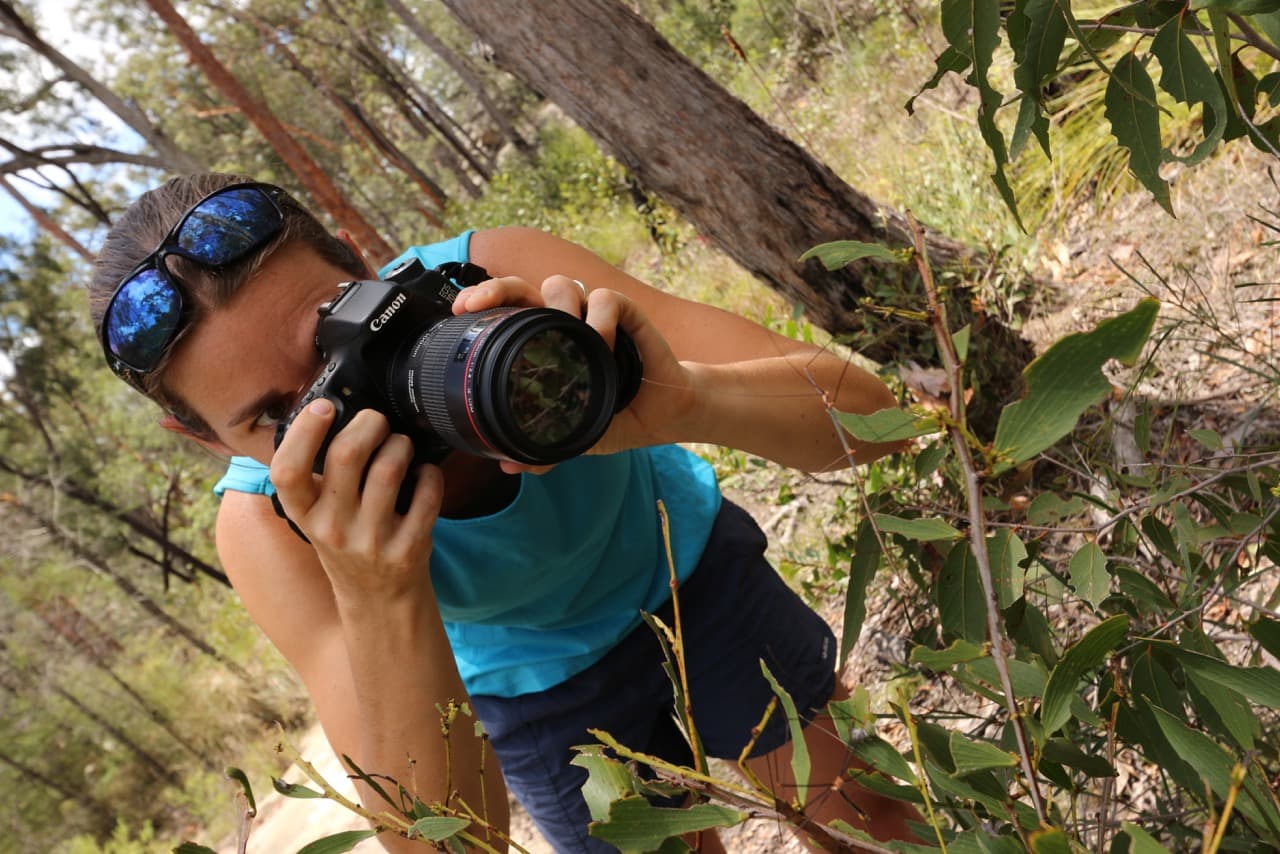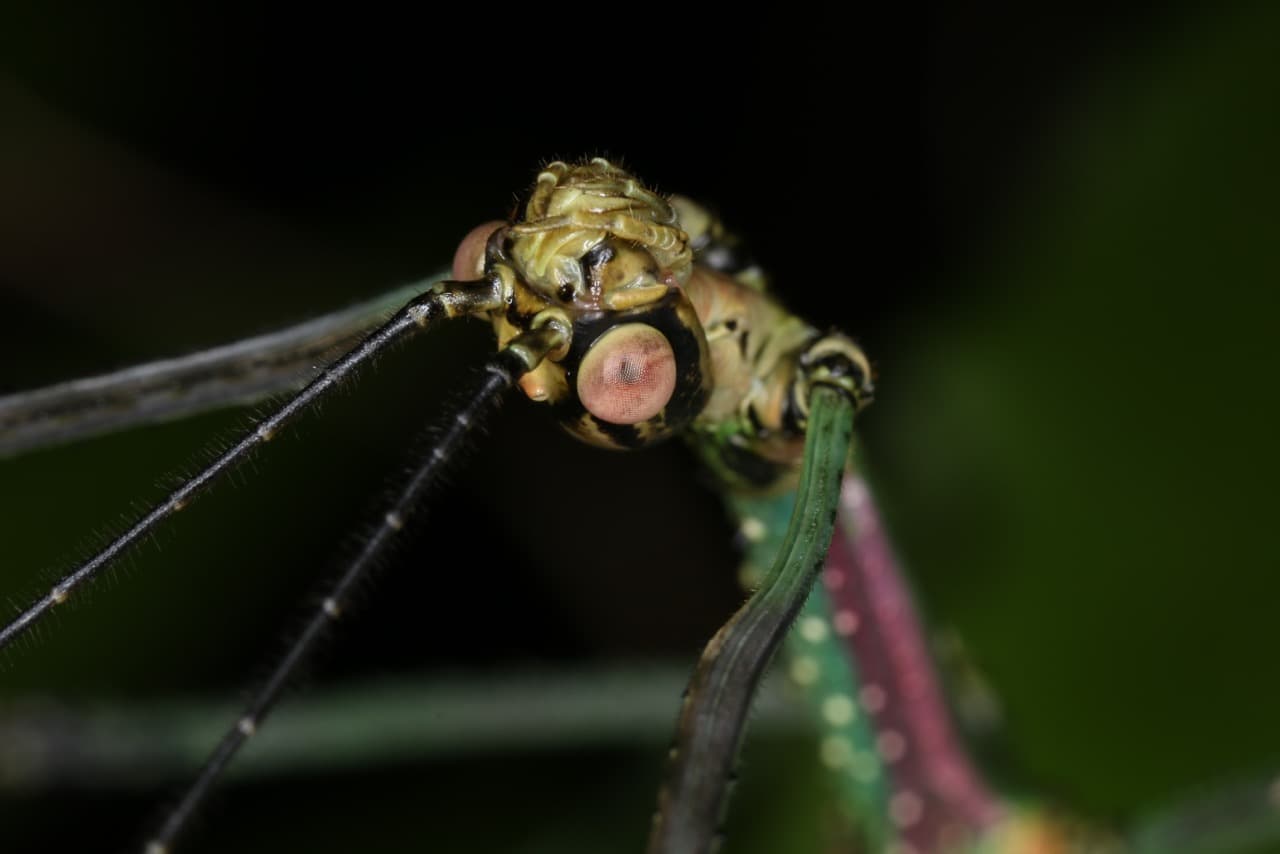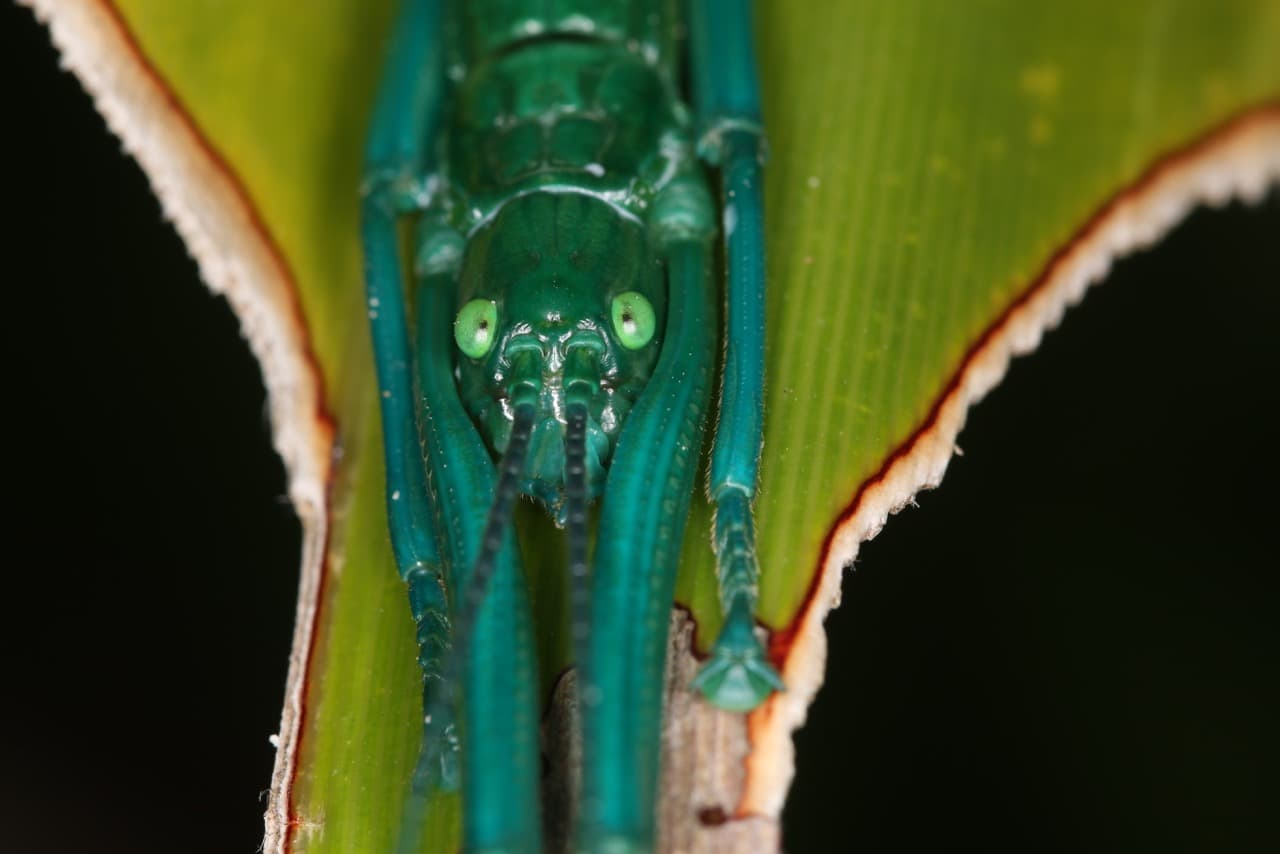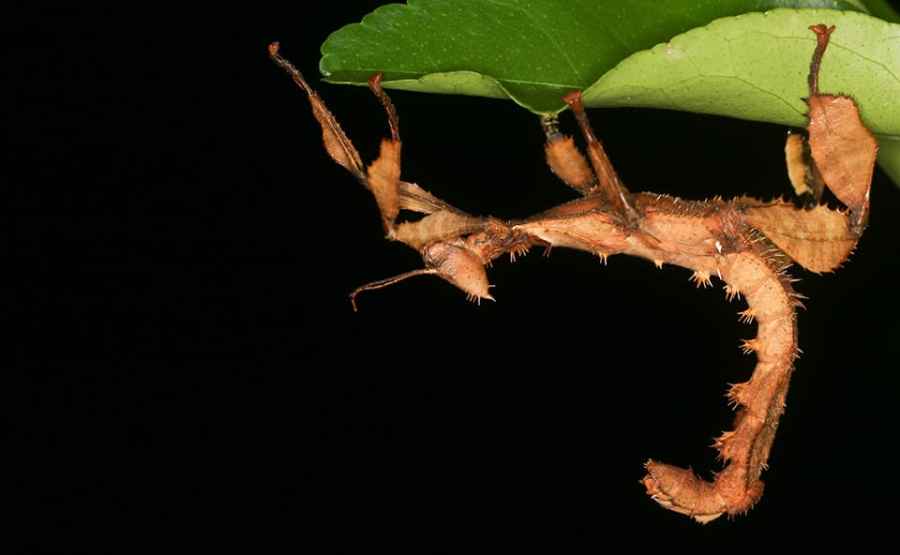© Beth Ripper
Beth Ripper made the findings while on an eight-week tour of Queensland, Australia.
Beth captured more than 350 photographs and collected stick insect data for the project, which was funded by the Winston Churchill Memorial Trust.
‘During the expedition, at least four species new to science were found,’ said a spokesman for the Trust, adding: ‘The study has been recognised one of the most comprehensive scientific studies of Australian phasmids [stick and leaf insects] ever undertaken.’

Beth – whose findings are expected to be used in relevant scientific databases and field guides – said: ‘Insect conservation struggles to attract the support that glamorous “fur and feathers” species receive, despite being equally important.
‘I hope this project will inspire others in the UK to learn about insects, appreciate their ecological importance and take part in their conservation.’

Beth was awarded the Winston Churchill Memorial Trust Fellowship last year, allowing her to produce macro photos of Australian phasmids in their natural habitats, as well as collect information such as physical characteristics and the plants the insects feed on.
She plans to share her findings with the Phasmid Study Group, an international body dedicated to studying sick and leaf insects.
To read more about Beth’s project visit https://www.wcmt.org.uk/sites/default/files/report-documents/Ripper%20E%20Report%202015%20Final.pdf

[All images © Beth Ripper]







